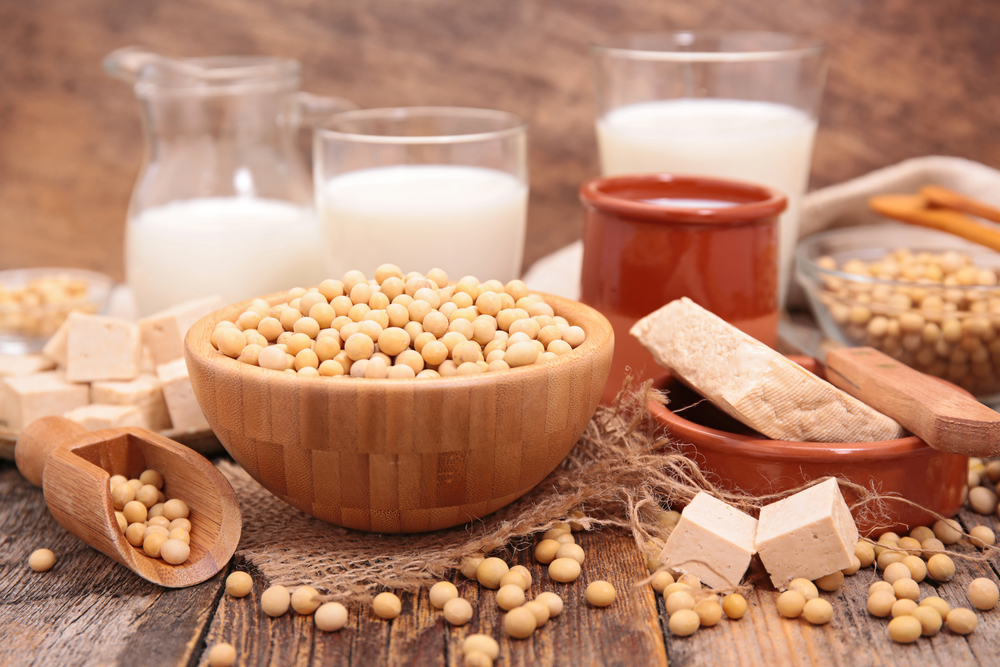
The U.S. Food & Drug Administration (FDA) proposed a new rule to revoke a health claim for soy protein and heart disease.
Soybeans are a rich source of protein—and can be considered a nutritional alternative to animal protein, which can be high in saturated fats and dietary cholesterol.
However, growing research has found the legume’s effect on lowering low-density lipoprotein (LDL) cholesterol is much lower than previously thought.
“For the first time, we have considered it necessary to propose a rule to revoke a health claim because numerous studies published since the claim was authorized in 1999 have presented inconsistent findings on the relationship between soy protein and heart disease,” said Susan Mayne, Ph.D., director of the FDA’s Center for Food Safety and Applied Nutrition.
While the FDA says there is some evidence that soy protein offers a reduced risk of heart disease—including evidence reviewed by the agency when the claim was authorized—it maintains that the totality of currently available scientific evidence calls into question the certainty of this relationship.
In a review, the FDA found some studies published after the health claim was authorized in 1999 show inconsistent findings concerning the soy protein’s ability to lower heart-damaging low-density lipoprotein (LDL) cholesterol.
The FDA said that if they hit a reset on the claim, they would consider allowing use of a qualified health claim, which requires a lower scientific standard of evidence than an authorized health claim and allow industry to use qualifying language that explains the limited evidence linking consumption of soy protein with heart disease risk reduction.




